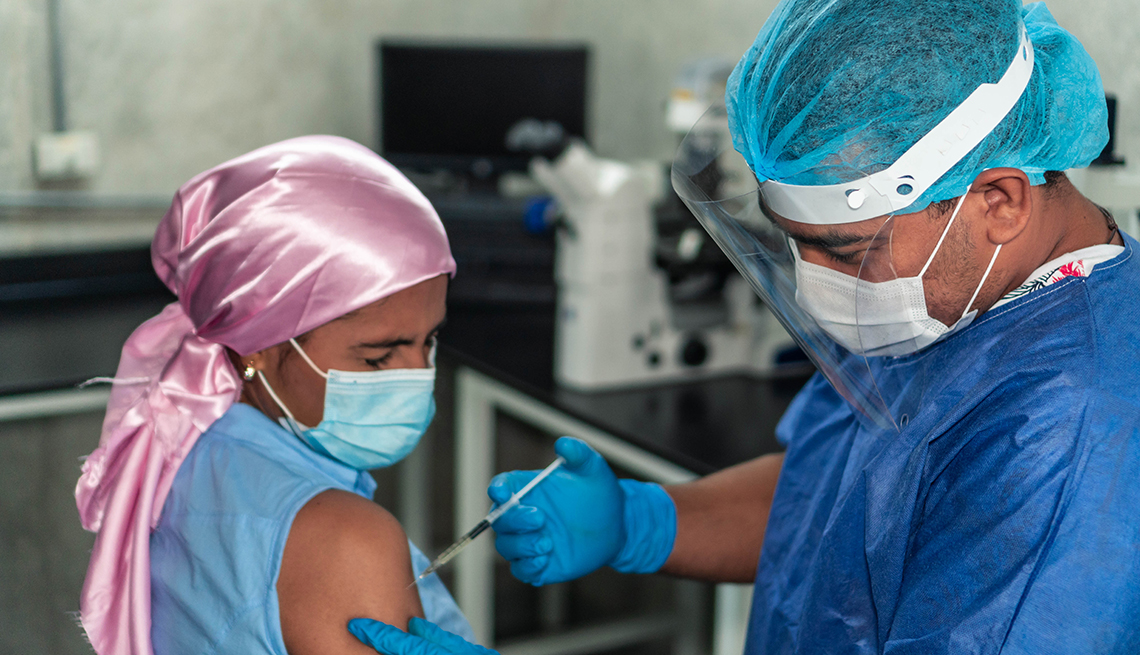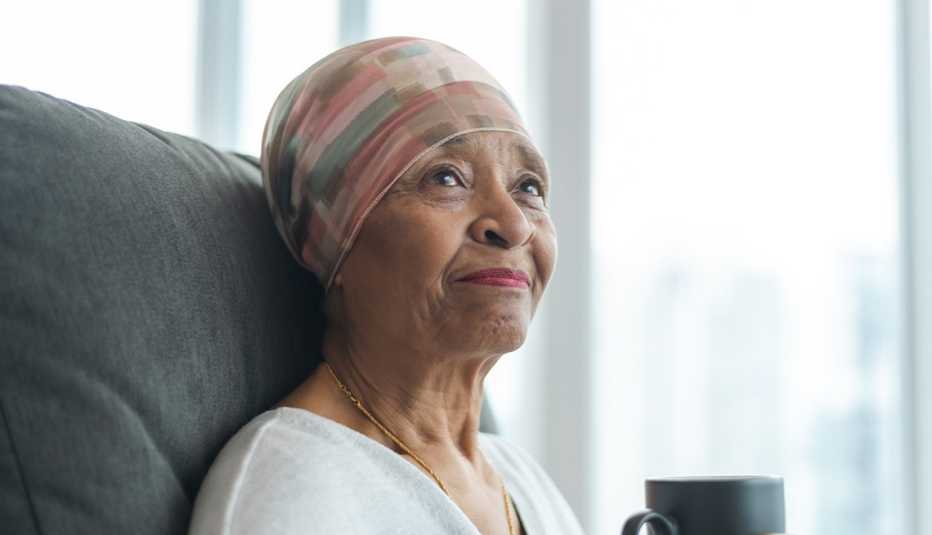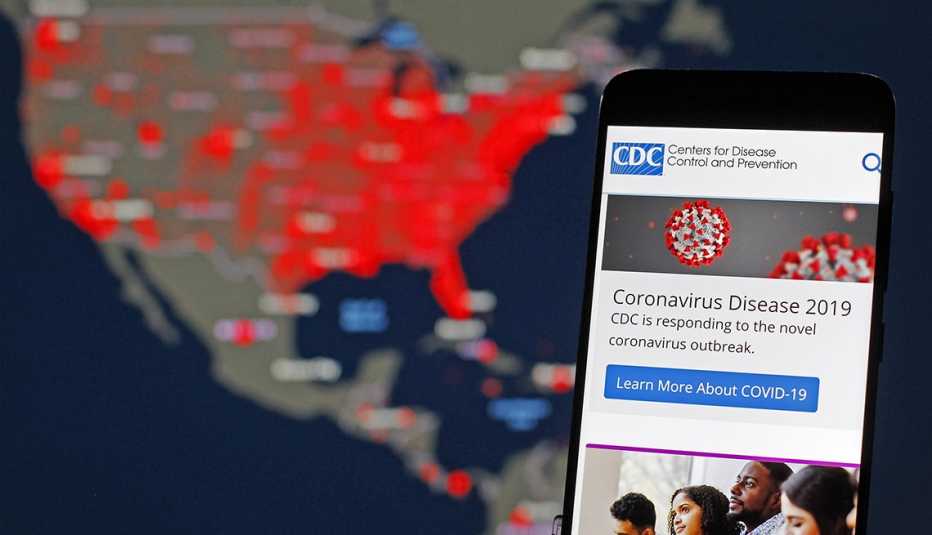AARP Hearing Center
Gary Schiller has been inundated with inquiries from cancer patients about whether they should get an additional dose of the Pfizer-BioNTech or Moderna COVID-19 vaccines.
"There is not a day that goes by that we don't get multiple questions,” said Schiller, M.D., a professor of hematology-oncology and director of the bone marrow and stem cell transplant unit at the University of California, Los Angeles (UCLA).
Other health care providers echo similar experiences, including Meghan Baker, M.D., a hospital epidemiologist who works with immunocompromised patients at Dana-Farber Cancer Institute and Brigham and Women's Hospital in Boston. Ever since federal health officials announced on Aug. 13 that people with moderately to severely weakened immune systems should get a third dose of the mRNA vaccines, she has been trying to keep up with patient questions and requests.
The reason: Many, but not all, cancer patients and survivors are considered immunocompromised. And studies show that the typical two-dose vaccine series doesn't produce the same high level of protection in immunocompromised individuals that it does in people with healthy immune systems. But a third shot — not to be confused with the forthcoming booster shot for the general population — gives the immune system the jump it needs to mount a stronger defense against COVID-19. This is especially important for a population already at greater risk for serious illness from COVID-19 as the highly contagious delta variant burns through the U.S.






































































